Best Seasons for Foundation Repairs
Foundation repairs are most effectively performed during specific times of the year when weather conditions are favorable. Typically, dry and moderate temperatures allow for better curing of materials and reduce the risk of delays caused by rain or extreme cold. Scheduling repairs in spring or early fall can minimize disruptions and ensure optimal conditions for the work.
Performing foundation repairs during these periods can lead to longer-lasting results and potentially lower costs due to improved work conditions. It is advisable to avoid winter months when freezing temperatures and snow can hinder excavation and curing processes, or during heavy rainfall seasons that can cause delays and complications.
Spring and fall are generally the best seasons for foundation repairs due to moderate weather and stable ground conditions.
Dry weather helps in curing concrete and other materials, reducing the risk of issues caused by moisture or freezing.
Plan repairs during periods with predictable weather to minimize delays and ensure quality work.
Extreme cold can cause materials to freeze, while excessive heat can lead to rapid drying, both affecting repair durability.
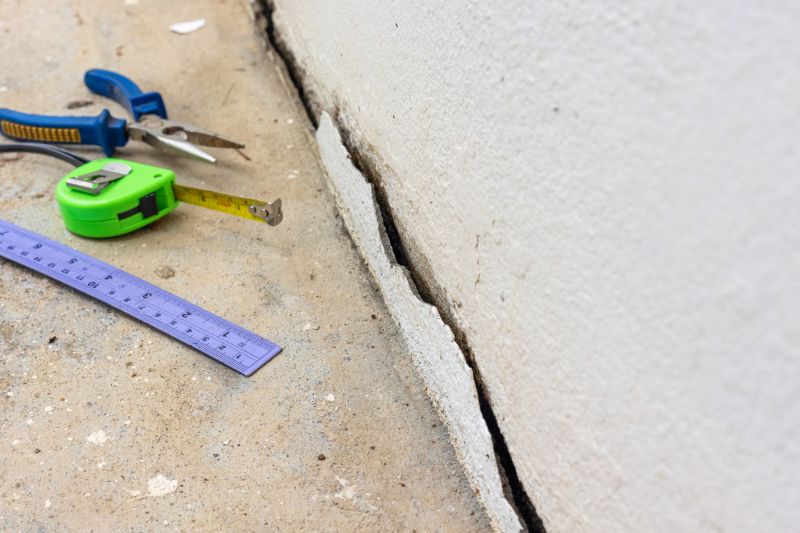
Ways to make Foundation Repairs work in tight or awkward layouts.
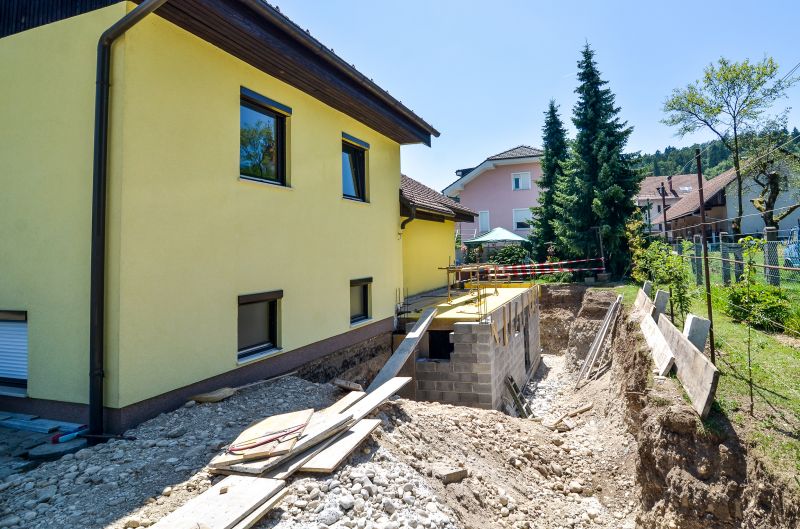
Popular materials for Foundation Repairs and why they hold up over time.
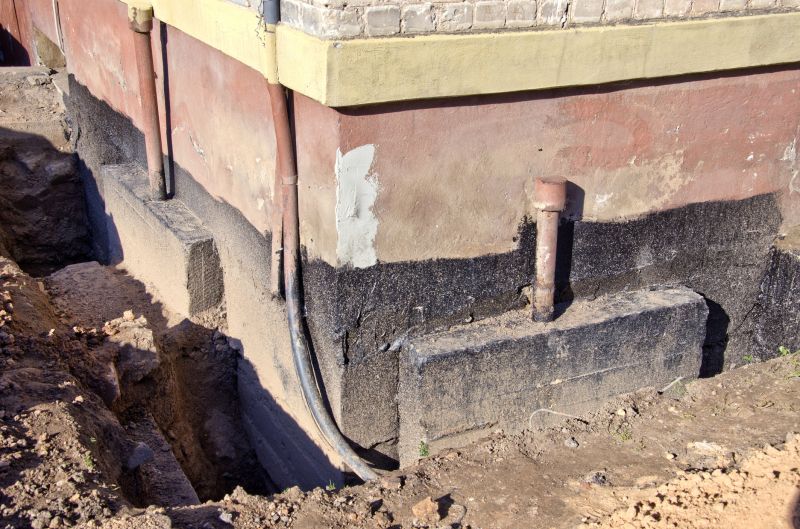
Simple add-ons that improve Foundation Repairs without blowing the budget.
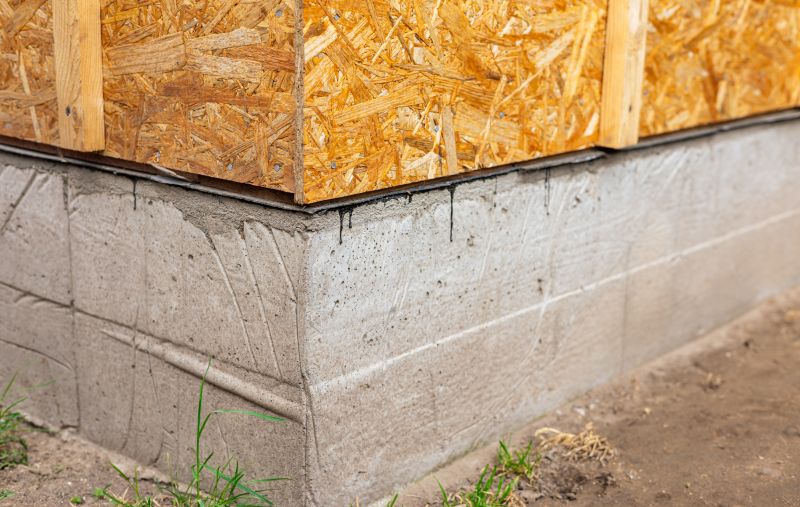
High-end options that actually feel worth it for Foundation Repairs.
Foundation repairs involve addressing issues such as settling, cracking, and shifting that can compromise the stability of a structure. These repairs often include underpinning, piering, or stabilization techniques to restore integrity. Proper timing and execution are essential to prevent further damage and costly future repairs.
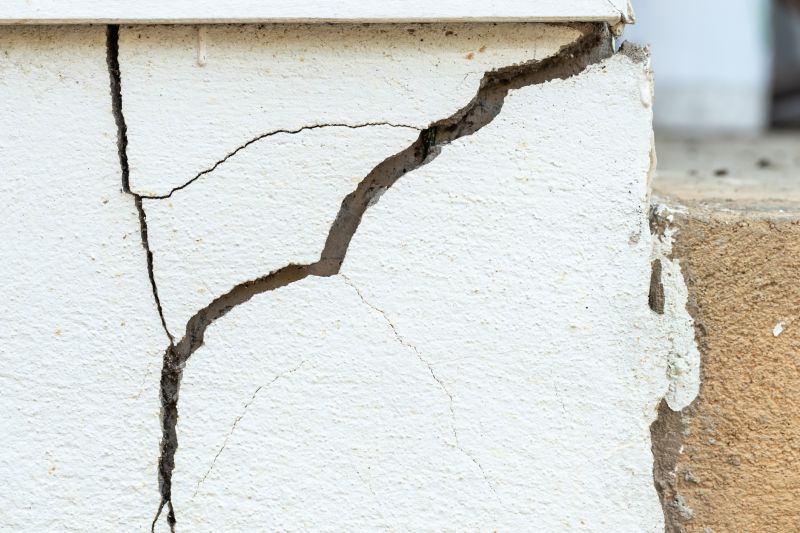
Finishes and colors that play nicely with Foundation Repairs.
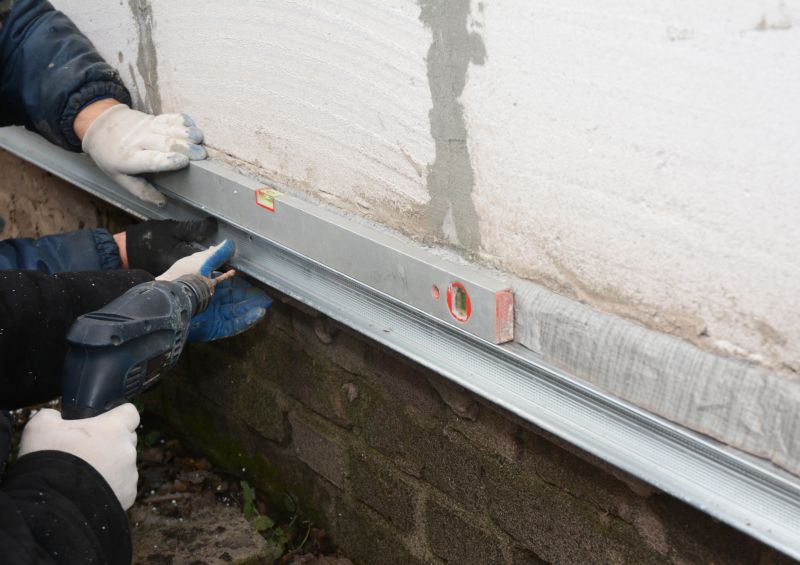
Little measurements that prevent headaches on Foundation Repairs day.
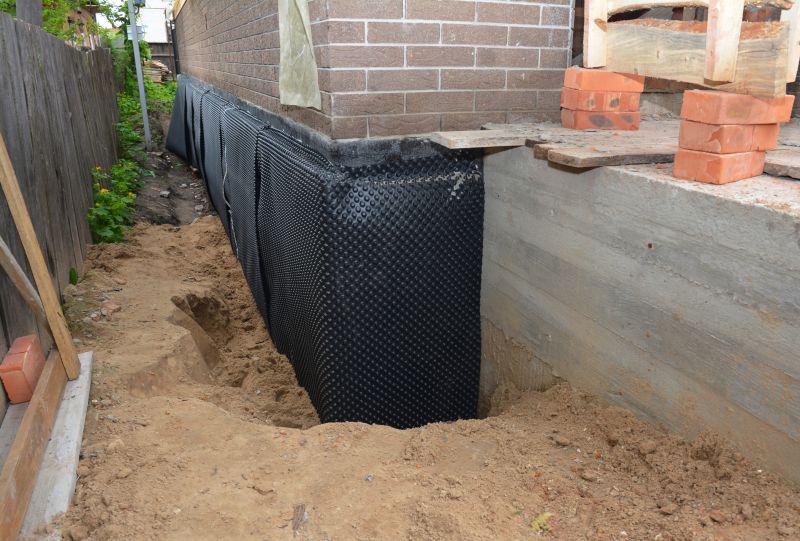
A 60-second routine that keeps Foundation Repairs looking new.
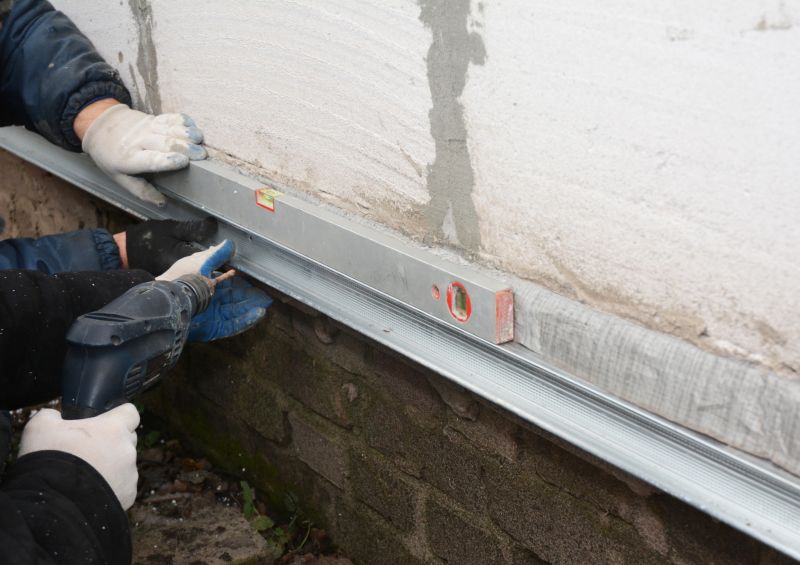
A frequent mistake in Foundation Repairs and how to dodge it.
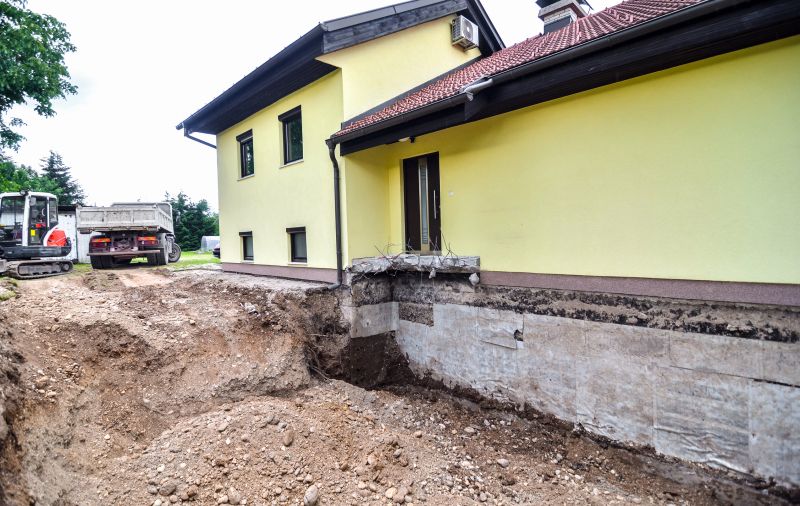
Small tweaks to make Foundation Repairs safer and easier to use.
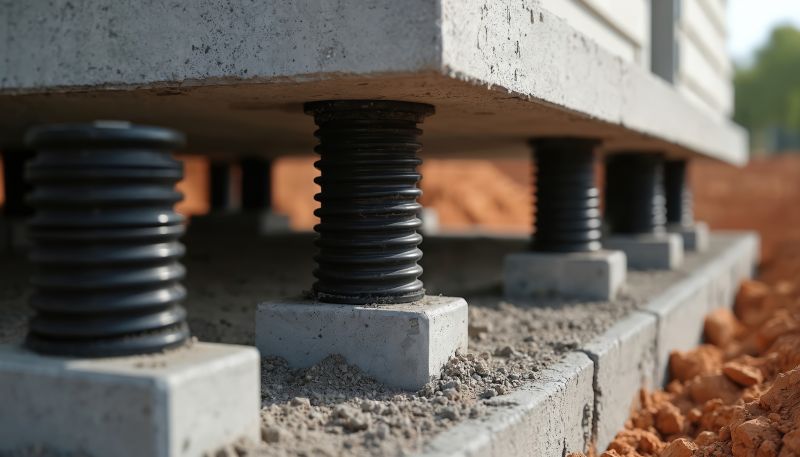
Lower-waste or water-saving choices for Foundation Repairs.
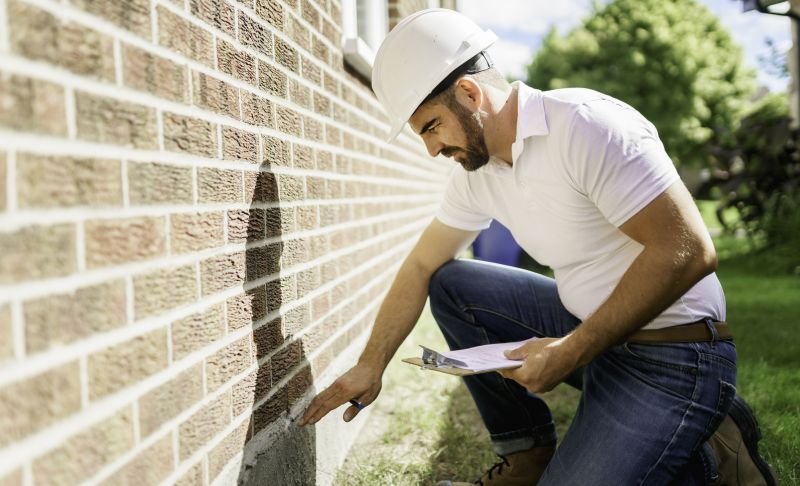
The short, realistic tool list for quality Foundation Repairs.
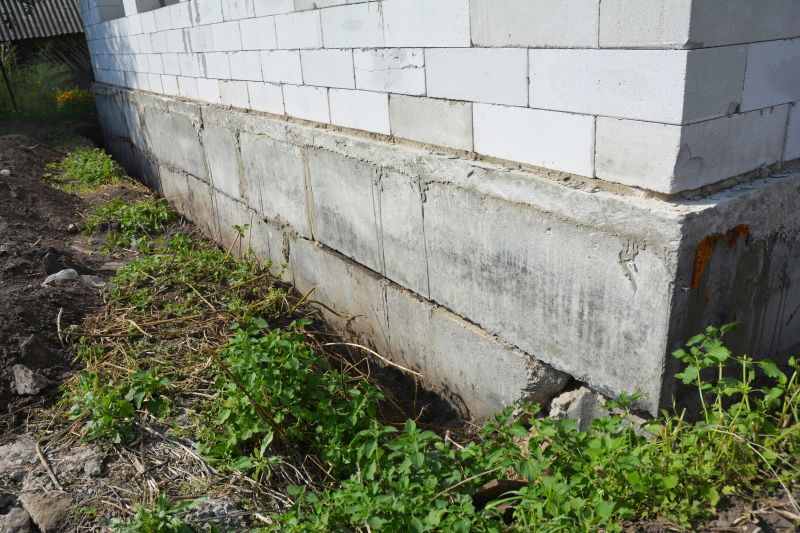
Rough timing from prep to clean-up for Foundation Repairs.
| Season | Advantages |
|---|---|
| Spring | Ideal for moderate weather, quick curing, and minimal delays. |
| Summer | Good for dry conditions, but avoid extreme heat. |
| Fall | Optimal due to cooler temperatures and dry ground. |
| Winter | Not recommended due to freezing temperatures and snow. |
Timely foundation repairs are crucial for maintaining structural integrity and preventing further damage. Proper assessment and scheduling during favorable weather conditions can enhance the longevity and effectiveness of repairs. Homeowners should consider seasonal factors when planning foundation work to ensure the best possible results.
Interested in foundation repairs? Filling out the contact form provides a way to receive more information and schedule an assessment tailored to specific needs. Proper timing and professional execution can help preserve the value and safety of the property.

